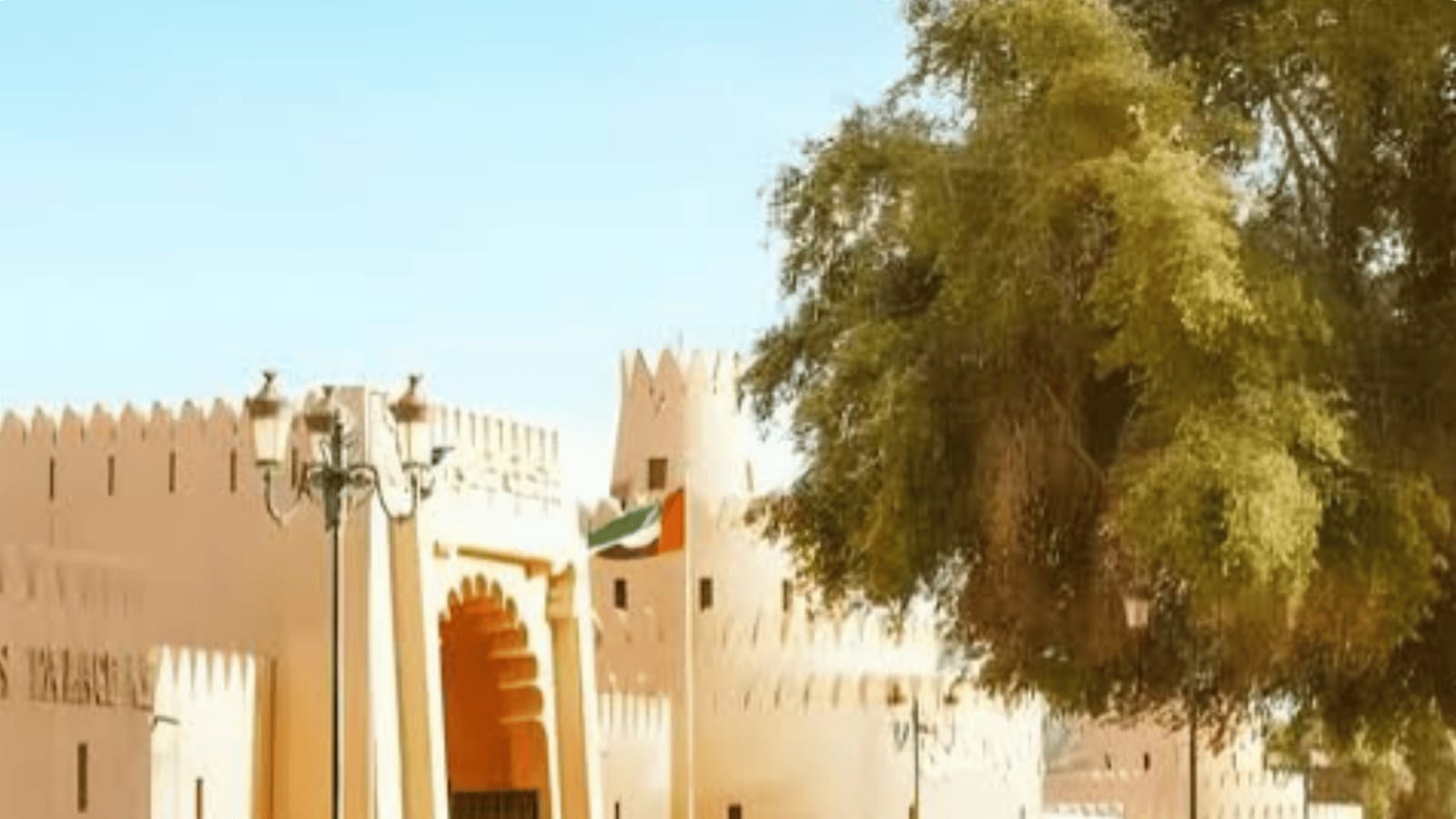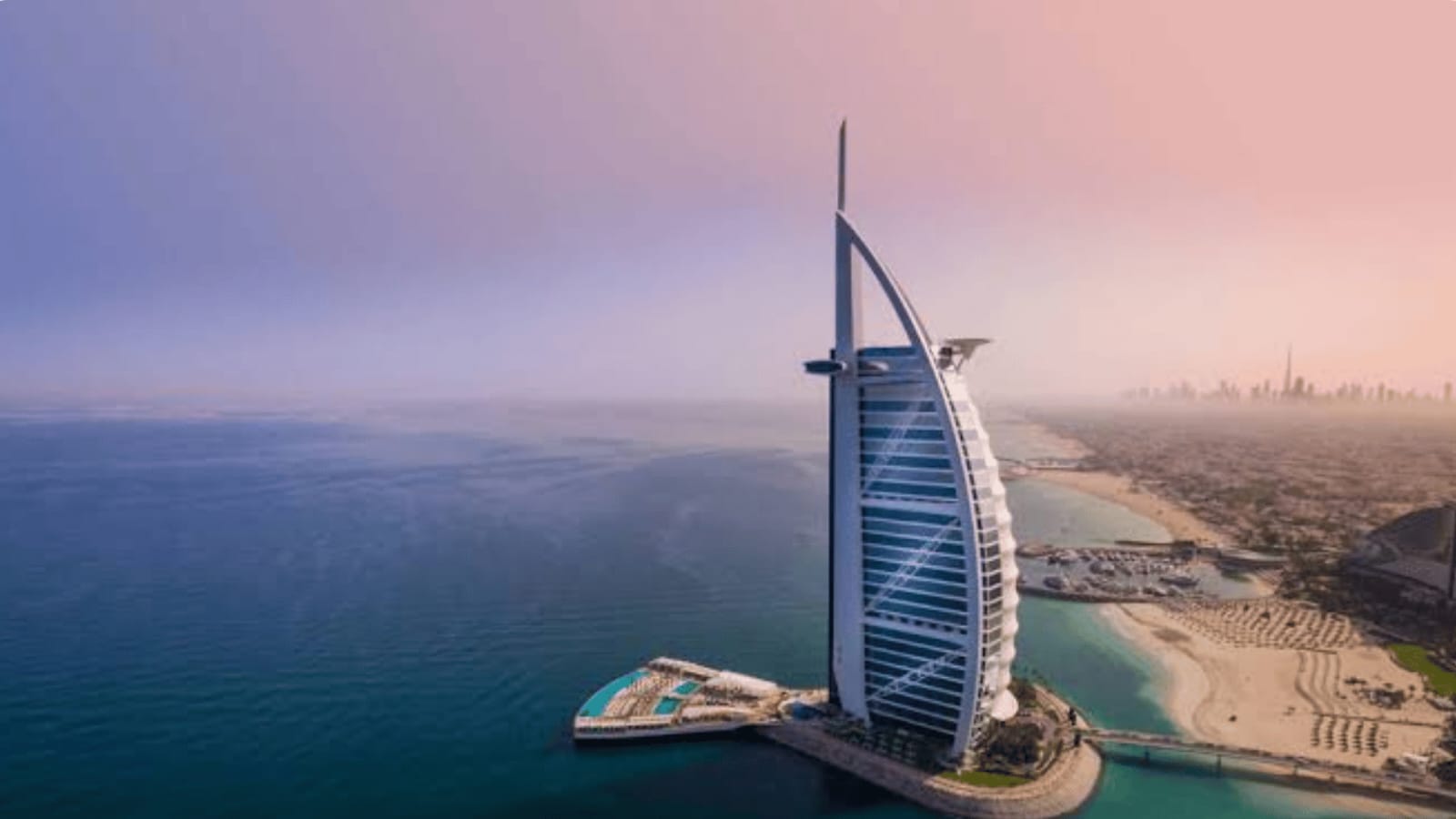Qatar and Abu Dhabi Launch Twin-Centre Tourism Experience Together

The Middle East continues to position itself as a global hub for tourism, and a newly forged alliance between Qatar Tourism and the Department of Culture and Tourism – Abu Dhabi (DCT Abu Dhabi) reflects the region’s accelerating momentum. This strategic collaboration introduces an innovative twin-centre holiday experience, designed to offer international visitors a seamless journey across two of the Gulf’s most iconic cities. The initiative seeks to broaden travel horizons, enabling tourists to immerse themselves in distinct cultural landscapes without compromising comfort or convenience. This milestone reflects a shared commitment to regional growth, cultural exchange, and economic diversification through world-class tourism.
A Shared Vision to Enhance Regional Travel
Rooted in a common ambition to redefine the travel experience in the Gulf, this partnership underscores the importance of inter-regional cooperation in tourism. Qatar and Abu Dhabi have each carved unique identities as global destinations, driven by investments in hospitality, arts, infrastructure, and heritage preservation. The new initiative integrates their strengths, offering a comprehensive itinerary that merges luxury, tradition, innovation, and accessibility. It acknowledges the evolving preferences of modern travelers who now seek immersive, varied experiences that extend beyond the boundaries of a single destination.
This collaboration is more than a tourism offering; it represents a broader strategy to present the Gulf region as a cohesive travel zone. By linking two dynamic cities, Qatar and Abu Dhabi are effectively crafting a narrative of cultural harmony and mutual advancement—while giving tourists the ability to sample the richness of two nations in one seamless itinerary.
Doha: A City of Contrasts and Continuity
Doha has undergone a remarkable transformation into a global cultural and lifestyle destination. The Qatari capital juxtaposes its futuristic skyline with enduring traditions, offering visitors a multi-layered experience that reflects the country’s deep-rooted identity. From its world-class museums and art galleries to bustling souqs and heritage sites, Doha invites travelers into a story of progress and pride.
The Museum of Islamic Art stands as a symbol of this duality—an architectural marvel that houses centuries of history. Msheireb Downtown Doha, the world’s first sustainable downtown regeneration project, exemplifies the country’s commitment to environmental and cultural innovation. At the same time, traditional landmarks like Souq Waqif provide a sensory immersion into Qatari commerce, cuisine, and community life. The city’s accessibility, cutting-edge transport systems, and luxury accommodations create an ideal starting point for regional exploration.
Abu Dhabi: Culture, Grandeur, and Global Influence
Abu Dhabi, the capital of the United Arab Emirates, offers a counterpoint that is equally compelling. Recognized globally for its fusion of heritage and high-end living, Abu Dhabi is home to architectural icons, serene coastlines, and vibrant cultural institutions. The city has cultivated a strong identity as a bastion of arts and innovation, thanks in part to its monumental investments in cultural development.
The Sheikh Zayed Grand Mosque and Louvre Abu Dhabi represent more than tourist attractions—they are pillars of global cultural diplomacy. Saadiyat Island’s ongoing transformation into a world-class cultural district further cements Abu Dhabi’s status as a cultural capital. With luxury resorts, desert retreats, and bustling waterfronts, the city invites travelers to explore its multifaceted personality—one that is as grounded in heritage as it is future-oriented.
Seamless Travel and Streamlined Logistics
A cornerstone of this twin-centre holiday initiative is the ease of movement between Doha and Abu Dhabi. The two cities are connected by a brief flight—just over an hour—serviced regularly by national carriers Qatar Airways and Etihad Airways. This connectivity ensures that travelers can enjoy both destinations without lengthy transit times or complicated travel plans.
Efforts are also underway to streamline immigration procedures and simplify logistics for those opting for the dual-destination packages. Collaborative work between tourism authorities and immigration departments aims to ensure visa processes are aligned and traveler journeys are frictionless. This focus on convenience transforms what would traditionally be a complex multi-country trip into a comfortable, efficient, and enriching travel experience.
Tailored Experiences for Every Traveler
The twin-centre experience is designed to appeal to a diverse global audience. Curated itineraries cater to a wide spectrum of traveler interests—from cultural exploration and historical discovery to leisure, shopping, wellness, and family-friendly adventures. Whether indulging in luxury accommodations, savoring traditional cuisines, or exploring the natural and urban landscapes of each city, travelers are offered a journey that reflects both uniqueness and cohesion.
For instance, tourists might begin their adventure amidst the gleaming towers and artistic exhibitions of Doha, then journey to Abu Dhabi for a tranquil desert escape and a tour of its majestic mosques and palaces. Couples can enjoy romantic getaways across both destinations, while families benefit from kid-friendly attractions and educational experiences spread across museums, parks, and cultural centers.
The growing popularity of wellness tourism also finds a place in this collaboration. Both Qatar and Abu Dhabi boast premium spas, wellness retreats, and holistic health experiences inspired by traditional Middle Eastern therapies blended with modern wellness science. This provides a comprehensive package not just for sightseeing but also for rejuvenation.
Strategic Economic Alignment and Future Goals
At a strategic level, the partnership advances national objectives tied to economic diversification. Both Qatar and Abu Dhabi are channeling significant resources into tourism as a key pillar of their respective Vision 2030 blueprints. By driving visitation and increasing the average length of stay through dual-city experiences, the collaboration enhances long-term tourism revenues while reducing reliance on traditional energy-based economies.
Qatar seeks to capitalize on the global visibility achieved during the FIFA World Cup and transition into a year-round destination. Simultaneously, Abu Dhabi aims to build upon its momentum as a cultural and leisure hub, increasing its annual visitor numbers through high-value, sustainable travel. The partnership also creates synergies in tourism marketing, allowing both cities to reach new audiences through joint campaigns and promotional platforms.
Engaging the Global Market Through Targeted Promotion
The global campaign supporting the twin-centre holiday concept is strategically designed to capture the attention of travelers across Europe, North America, and Asia. Marketing efforts are being deployed across digital platforms, travel networks, influencer channels, and international tourism expos. A key focus lies in storytelling—presenting Doha and Abu Dhabi not as competitors but as complementary chapters in a shared journey.
Influencers, content creators, and journalists are being invited to experience the twin-centre journey firsthand, creating authentic, shareable content that highlights the variety and richness of the experience. Meanwhile, at travel trade shows, collaborative booths and presentations showcase the simplicity and attractiveness of multi-destination travel within the Gulf.
This marketing synergy amplifies visibility, builds brand equity for both destinations, and creates a strong proposition for travelers seeking culturally immersive and logistically easy holiday plans.
Fostering Cultural Unity and Regional Integration
Beyond tourism, the twin-centre initiative reflects a broader geopolitical shift toward cooperation and regional unity among Gulf nations. The collaboration signals a departure from past rivalries and a move toward shared growth. By presenting the region as a unified travel destination, Qatar and Abu Dhabi are building a framework that could soon include other cities and countries within the GCC.
This opens the door for expanded multi-city tourism offerings, potentially linking Doha and Abu Dhabi with other cultural capitals like Muscat, Riyadh, or Manama. Such a model not only increases the region’s appeal to global tourists but also encourages interconnectivity and economic interdependence among neighboring countries.
Cultural, Educational, and Event Collaborations
An important facet of the twin-centre strategy involves ongoing collaborations in education, art, and public events. Cultural institutions such as Qatar Museums and DCT Abu Dhabi are exploring avenues for joint programming, cross-promotions, and touring exhibitions. These collaborations will serve both tourists and residents by expanding access to regional culture and shared heritage.
Additionally, festivals, concerts, sports events, and art exhibitions will be promoted across both cities, ensuring tourists can plan their trips around major regional happenings. This calendar alignment provides more opportunities for engagement and positions the region as an international cultural hotspot.







